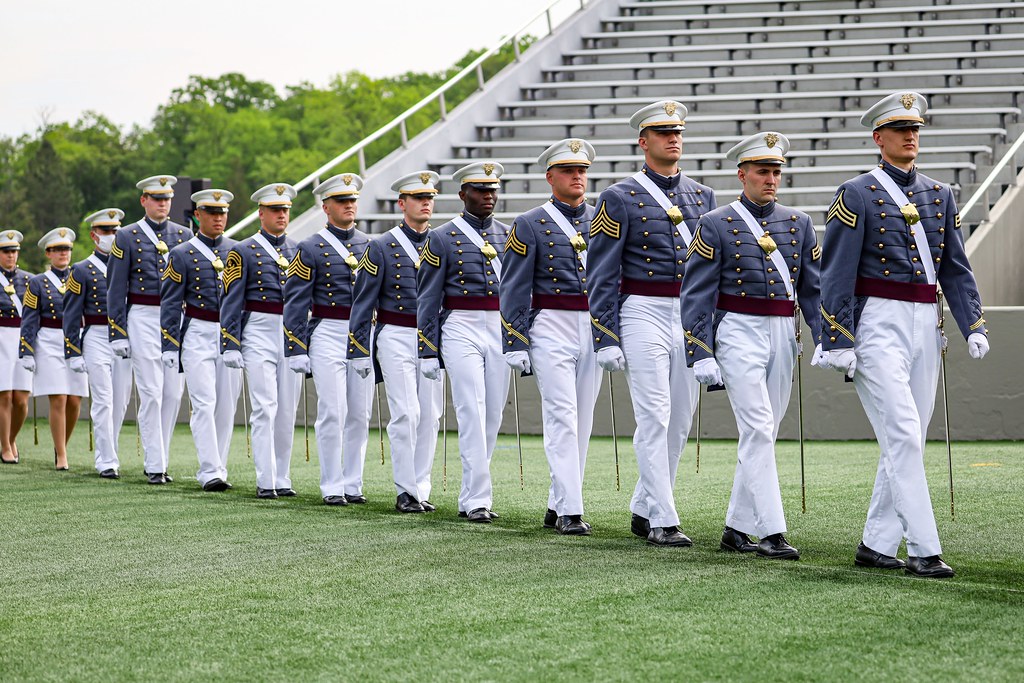After facing an emergency petition sent by the conservative non-profit organization, Students for Fair Admissions, the Supreme Court decided that the U.S. Military Academy at West Point was allowed to continue to sort through their admissions and choose candidates based on race. This decision allows colleges to ensure diversity within their student body.
The Students for Fair Admissions has a history of opposing practices such as Affirmative Action. The most recent cases involve Harvard University and the University of North Carolina at Chapel Hill.
In those cases, the Supreme Court ruled against affirmative action in higher education, deeming it unconstitutional. However, this decision didn’t address military academies.
However, race-based admissions allow for more diversity within colleges, which is sorely needed in a day and age where racial inequality is thoroughly discussed. Race-conscious admissions allow for a fairer distribution of minority voices and faces within the student body.
Military service-based academies such as the Naval Academy, the Coast Guard Academy, the Air Force Academy and West Point had a history of sorting through applicants by race, hoping to create more diversity within their student body.
Students for Fair Admissions called for change to the admission policies and argued that using race as a factor was discriminatory. In their complaint, SFFA stated “West Point has no justification for using race-based admissions. Those admissions are unconstitutional for all other public institutions of higher education.”
In early January, a request by the SFFA was dismissed by the New York Southern District Judge Philip Halpern, after they attempted to strike down West Point’s race admissions in the lower court. Judge Halpern criticized the SFFA, claiming that their criticism of race-based admissions relied too heavily on previous decisions. SFFA appealed to the Supreme Court.
The Supreme Court dismissed these claims stating, “The record before this Court is underdeveloped, and this order should not be construed as expressing any view on the merits of the constitutional question.” The statement was left unsigned and signaled that the decision wasn’t led by any Justice in particular.
West Point will continue to review applications with this method through April or May, as per the Biden Administration’s statement to the Justices. The administration has shown disapproval of the conservative group’s attempt to change the way West Point sorts its admissions, requesting the judges to reject the petition.
“Every year this case languishes in discovery, trial and appeals means that our nation’s best and brightest young men and women will be classified, sorted, and preferred based on their skin color rather than just on their abilities,” Edward Blum, the president of the SFFA said.
“It is disappointing that the young men and women who apply to West Point for the foreseeable future will have their race used as a factor to admit or reject them.”
To prohibit a college from making race-based admissions to increase diversity is to deny that people of color have had more difficulty being admitted into colleges in the past. The purpose of Affirmative Action and race-conscious admissions was to ensure that they’re equally represented within the military world.
The petition’s plea to remove West Point’s admissions system is presented through the guise of fairer admissions for all, however, the argument is underdeveloped and continues to heavily rely on previous cases.
Allowing colleges to make an effort to increase diversity shouldn’t be considered “racial discrimination.” It should be seen as a step in the right direction of ending racial disparity.






